|
Open Rights Group has responded to the publication of operational cases for the extensive surveillance powers laid out in the Investigatory Powers Act.
Executive Director Jim Killock said: “The government still hasn’t stated how it will respond to a CJEU ruling, which calls into question the legal basis for the current data retention regime. “The CJEU said that blanket data retention was not permissible and should only be used for serious crime. It also said that there needed to be independent authorisation for access to communications data. “The Government has yet to respond publicly to this ruling. It’s vital that the Government clarifies its position before the election.” ORG will deliver a letter to the Secretary of State and Shadow Ministers on Monday, urging the Government to present its plans before the election: https://action.openrightsgroup.org/investigatory-powers-act-government-must-come-clean-election The CJEU judgment relates to a case brought by Deputy Leader of the Labour Party, Tom Watson MP, over intrusive data retention powers in the Data Retention and Investigatory Powers Act (DRIPA). Open Rights Group intervened in the case together with Privacy International, arguing that DRIPA, which was rushed through parliament in 2014, was incompatible with EU law. While the judgment will no longer affect DRIPA, which expired at the end of 2016, it has major implications for the Investigatory Powers Act. In March, it appeared that the Government has accepted part of the CJEU ruling by issuing a tender on the UK Government Digital Marketplace, which called for businesses to help develop a new “independent communications data authorising body https://www.openrightsgroup.org/press/releases/2017/home-office-tender-suggests-government-has-accepted-cjeu-ruling-on-independent-authorisation-for-retained-data However, the Government has still not made a public statement about how it will respond to the judgement. More http://www.bbc.co.uk/news/uk-politics-35810628 https://www.opendemocracy.net/digitaliberties/rebecca-vincent/theresa-may-britain-proposed-new-espionage-act-is-alarming
0 Comments
Following events in London last week British Home Secretary Amber Rudd has set her sights on the Internet.
The UK already has the most snooping in the western world but Mrs Rudd wants more. Monday we received the following communication from the Open Rights Group. "Yesterday, Home Secretary Amber Rudd told Andrew Marr that it was “completely unacceptable” that the Government was unable to read messages sent via services such as WhatsApp who offer end-to end encryption. The Government likes to position this as a question of privacy versus security. This is wrong. As we pointed out in today's Guardian [1], encryption keeps us safe online, undermining it will make us all less secure. It may seem like she is asking for something she doesn’t understand. But she is Home Secretary and her advisors know exactly what they want – to strip away any possibility of privacy wherever they can. And they know companies are a soft target. Rudd also told Marr that the Government wanted to tackle the promotion of extremist content online by talking to people “who understand the necessary hashtags to stop this stuff ever being put up”. We’re not quite sure what this means and we don’t think Rudd knows either. This is one of the reasons why ORG exists - to explain to MPs and the media how technology and the Internet work, and in doing so, to protect the digital rights of people in the UK. If Amber Rudd gets away with blaming WhatsApp for terrorism, then WhatsApp may well decide to remove safe and secure encryption, just in order to manage their own public image. We can’t challenge this without the support of our members. Please join ORG today and help us to fight for your digital rights. Best wishes, Jim Killock PS. My blog outlines the vast surveillance powers that the UK Government has to investigate and prevent terrorist attacks. [1] WhatsApp must be accessible to authorities, says Amber Rudd – The Guardian https://www.theguardian.com/technology/2017/mar/26/intelligence-services-access-whatsapp-amber-rudd-westminster-attack-encrypted-messaging _______________ Jim Killock Executive Director Open Rights Group" https://www.openrightsgroup.org/campaigns/ Press release: Open Rights Group
Social media platforms such as Twitter could be forced to block accounts if they are linked to porn sites that fail to verify the age of their users. Proposals in the Digital Economy Bill will allow the BBFC to compel Internet Service Providers to block websites that don’t comply with age verification. Ancillary services - such as payment providers or advertisers - will also be forced to stop providing services to these sites. The Government has confirmed that the term “ancillary services” can include any service that facilitates a non-compliant publisher, including social media platforms such as Twitter. This would mean that a Twitter account that links to a non-compliant porn site could be blocked to UK users. However, accounts from BBFC compliant sites won’t be blocked and will be able to post pornography to their Twitter feeds even if under 18s can see it. Executive Director Jim Killock said: “The Government started with age verification, moved onto web censorship and now wants to block Twitter accounts.” “While these proposals are damaging for free speech, they are also absurd. Some Twitter accounts could be blocked for being associated with a porn site while others will be freely able to share pornography to Twitter users of any age.” It has been estimated that one in every thousand tweets is porn: https://www.channel4.com/news/one-in-every-thousand-tweets-is-porn Notes to Editors From the Digital Economy Bill second reading: https://hansard.parliament.uk/lords/2016-12-13/debates/21321771-1932-4684-8088-F5F24B42FF73/DigitalEconomyBill Lord Ashton of Hyde Parliamentary Under-Secretary (Department for Culture, Media and Sport) said: “The Government believe that services, including Twitter, can be classified by regulators as ancillary service providers where they are enabling or facilitating the making available of pornographic or prohibited material. This means that they could be notified of commercial pornographers to whom they provide a service but this will not apply to material provided on a non-commercial basis.” Baroness Benjamin said: “I was particularly delighted that the noble Baroness, Lady Shields, confirmed to the Lords Communications Committee on 29 November that: “The Bill covers ancillary services. There was a question about Twitter. Twitter is a user-generated uploading-content site. If there is pornography on Twitter, it will be considered covered under ancillary services”. MPs have voted to allow a new regulator - expected to be the BBFC - to censor legal porn websites. Amendments to the Digital Economy Bill were accepted by MPs during its third reading yesterday. This will mean that the the BBFC in its new role can instruct Internet Service Providers to block access to porn websites that don’t verify the age of their users, even though their content is legal in the UK.
In addition, sites that are not sanctioned must obey the regulator’s instructions and censor what is deemed unacceptable. The BBFC has indicated that:
Executive Director, Jim Killock said: “If the Digital Economy Bill is passed, the BBFC will have the power to instruct ISPs to block thousands of websites. This is unprecedented in the UK and the developed world. “In the short term, this is likely to disproportionately affect sexual minorities. However, there are wider implications for free speech. Once this administrative power to block websites is in place, it will invariably be used to censor other content. MPs have already asked why other material that is unsuitable for children is not being censored.” In addition, the proposals to demand that pornographic websites use age verification technology still have no privacy safeguards. Labour tabled an amendment outlining privacy duties for the regulator, but this was not adopted. The Government did not table any alternative privacy amendments. Killock added: “Websites could choose age verification tools that cause risk data leaks, tracking and even encourage credit card fraud unless the government place privacy standards into the bill. “This is incredibly irresponsible.” More than 11,000 people have signed an Open Rights Group petition calling for parliament to reject these plans: https://www.openrightsgroup.org/campaigns/digital-economy-bill-hub/stop-uk-censorship-of-legal-content Press release: Government departments could share personal health and financial data with energy companies
The Bill aims to make it easier for low income households to get discounts on their energy bills. To do this, it has been proposed that energy companies should be automatically notified if customers are entitled to discounts. Previously the Government has claimed that this would not involve the sharing of personal data with energy companies. However, as energy companies all have different criteria for who is eligible for a discount, this might not be easy to achieve. The proposals as outlined in the Digital Economy Bill do not rule out the automatic sharing of data. This would include data about households who are not even entitled to a discount. Executive Director of Open Rights Group, Jim Killock said: “Previously the Government has said that it won't hand over our data to energy companies but the wording of the Digital Economy Bill tells a different story. “Energy companies only need to know that a customer is entitled to a discount; it’s not necessary for them to know what they earn, how many children they have or whether they have a long-term health condition. “Under the current proposals in the Digital Economy Bill, we could see the wholesale transfer of personal information from government departments to energy companies. “The Government can’t automatically share our data just because their system for determining who gets help is a mess. ” Open Rights Group is calling on the Government to:
Pam Cowburn Communications Director https://lists.openrightsgroup.org/listinfo/org-press Related reading: DeepMind hits back at criticism of its NHS data-sharing deal Digital Economy Bill: Why the Tories want to police more of the online world Reacting to news that the government now supports blocking of websites that do not apply age verification tools, Jim Killock, Executive Director of the Open Rights Group said:
“This could lead to tens of thousands of websites being blocked, despite their content being perfectly legal. “In no way should this proposal be legislated for in this bill. There has been no thought or consultation, and the government has not even begun to define how blocking might be attempted. “They have no idea if it would work well or badly, or whether there is serious enough harm to justify such a massive restriction on UK adults access to legal material." “We do however know that over 90% of parents manage their children’s activities online, according to OFCOM, and that 70% of households do not have children.” Questions of accuracy, appeals, costs and extent versus efficacy of blocking have yet to be spelled out but we are expecting administrative orders rather than court-based blocking. CONTACT Jim Killock 07894498127 / [email protected] NOTES For details of mediation strategies used by parents, see https://www.ofcom.org.uk/phones-telecoms-and-internet/information-for-industry/internet-policy/internet-safety-measures and https://www.ofcom.org.uk/__data/assets/pdf_file/0020/31754/Fourth-internet-safety-report.pdf linked from there About Open Rights Group Open Rights Group is the UK’s leading voice defending freedom of expression, privacy, innovation, creativity and consumer rights on the Internet. Founded in 2005, we have over 3000 paying supporters and a movement of 36,000 activists. Winner of the Liberty Human Rights Campaigner of the Year Award 2012 https://www.openrightsgroup.org/about/ |
Yourvoice
This blog will include a range of reports and opinion pieces covering many issues. It will be YOUR Voice. Archives
April 2017
Categories
All
|

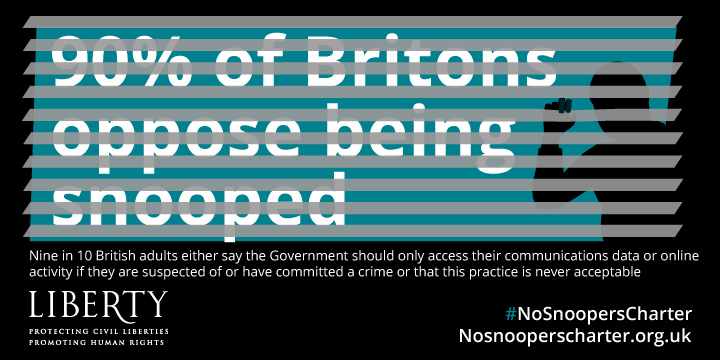
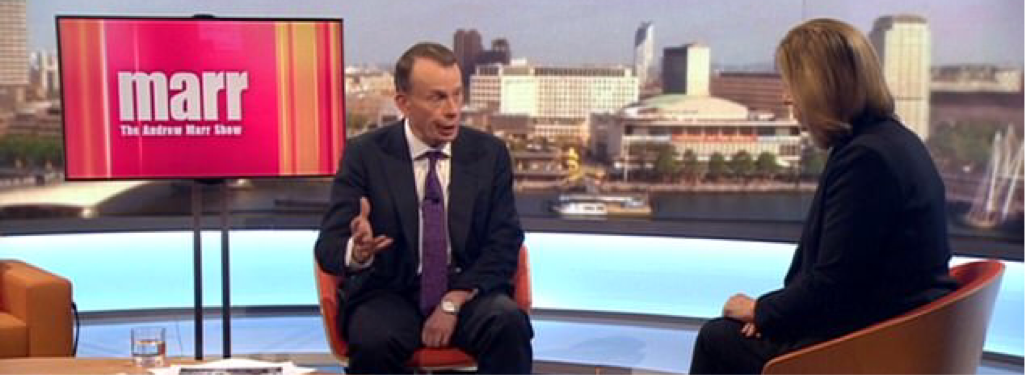
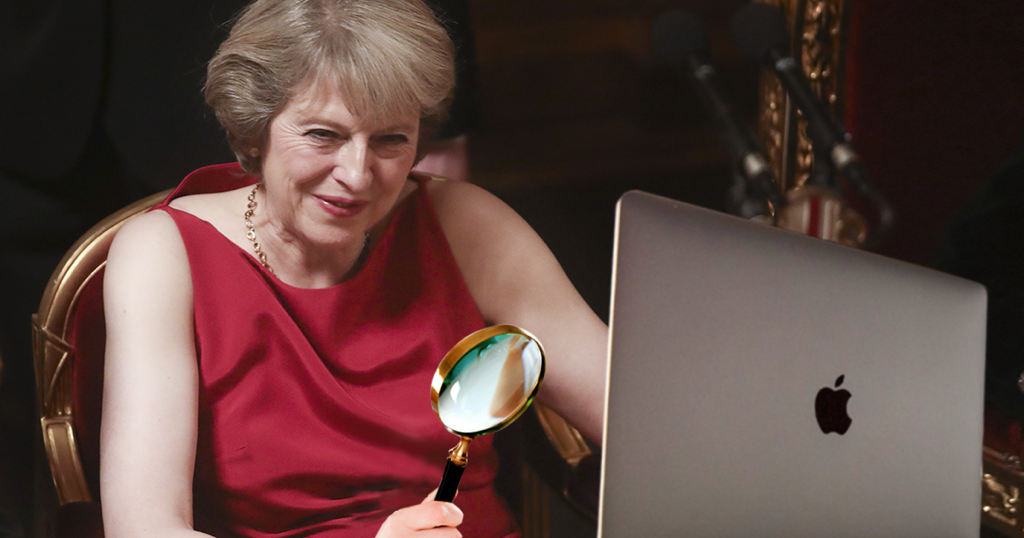


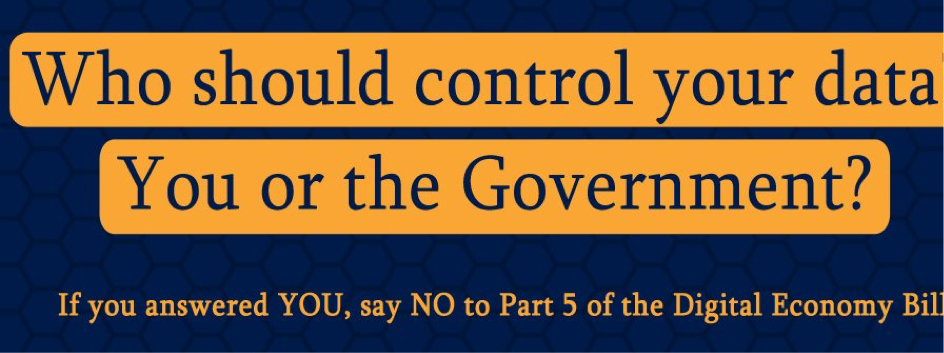
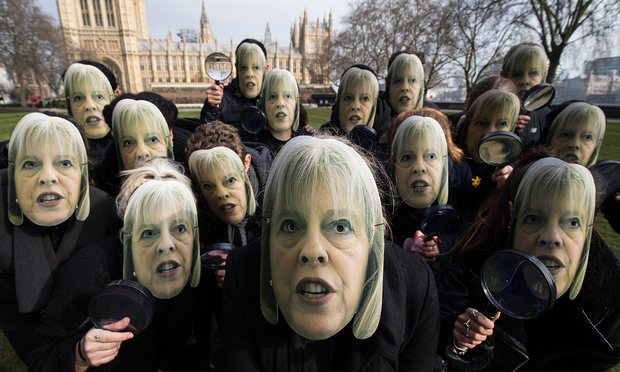

 RSS Feed
RSS Feed
